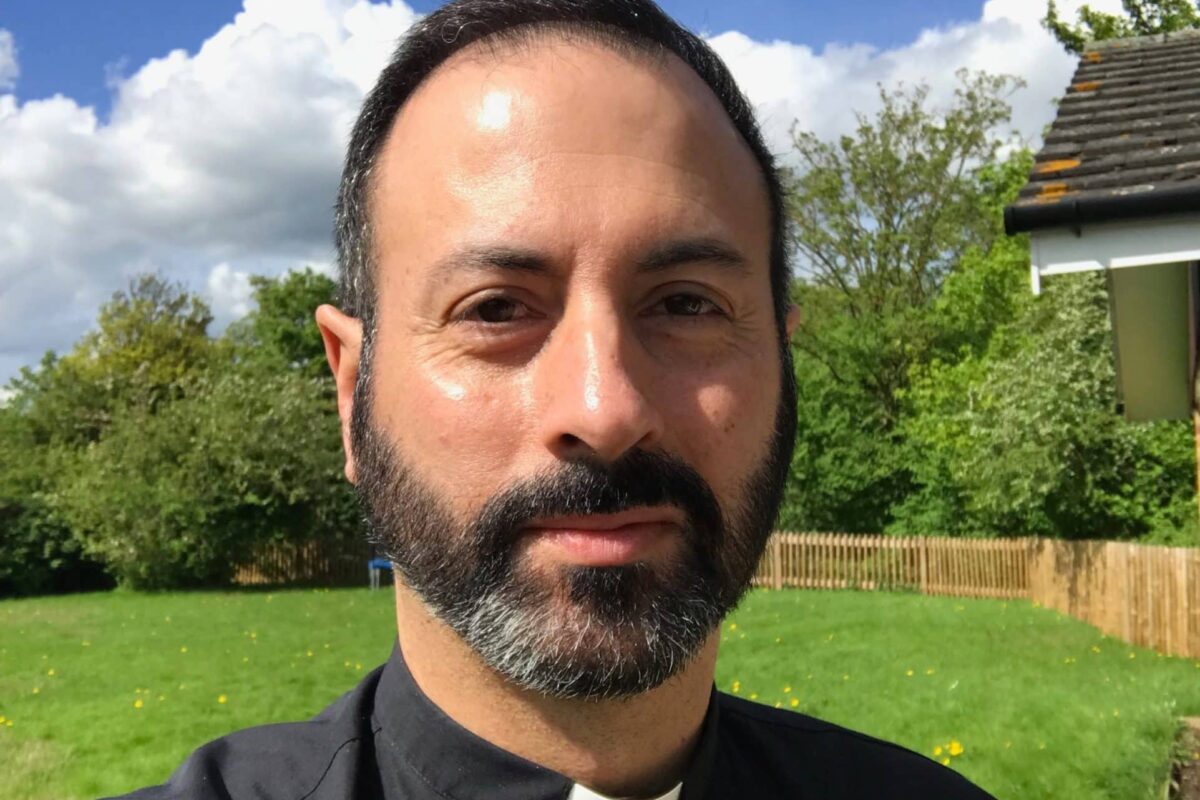Fr Joseph Fernandez explains how Gypsies and Travellers are a legally recognised ethnic minority group, but that they are often misunderstood.
“Let my people go, so that they may celebrate a festival to me in the wilderness.”
Exodus 5:1
The history of present-day Travellers echoes biblical connections and themes, both in the Old and New Testament. Within the Old Testament, the theme of exile has a strong emphasis in Exodus. There is a parallel between Travellers roaming the land and the Jews at the time of their exodus from slavery in Egypt. Both would have experienced a state of unknowing, without land and struggling to find an identity, surrounded by the ‘other’ and ‘those around you’.
Concerning terminology, although the general accepted ethnic designation for people of Romani background is GTR (Gipsy, Traveller, and Roma), the Traveller community contains many groups, with different heritage and traditions. Contrary to what is often supposed by outsiders, the term Traveller does not imply a drop-out from sedentary society, but full membership of an ethnic group using the principle of descent. The name emphasises a travelling and nomadic identity.
At the heart of every Traveller is the yearning to travel home. But where is home? For most Travellers, the pursuit of this quest will take a lifetime, and is fraught with many challenges. This comes with being part of one of the most misunderstood ethnic minorities in the UK. The nomadic lifestyle, still practiced by many, associated with prejudice, general assumptions, media stories and caricatured television programs, are part of a misplaced public perception towards Travellers. The recent controversy over the comedian Jimmy Carr’s joke that the murderers of Thousands of Gypsies by the Nazis was a “positive of the Holocaust” compounds the sense of UK’s least-liked group. This has severely hindered integration in society at large. As a result, it comes with no surprise the Traveller community is close-knit and naturally distrustful of outsiders.
Although Gypsies and Travellers are a legally recognised ethnic minority group, with a culture of nomadism that is centuries old, regarding access to the healthcare and education they are one of the most deprived groups in the UK. The majority of the UK’s 150,000 to 300,000 Gypsies and Travellers are part of their local communities up and down the country, some of them long established, and live in either “bricks and mortar” housing, authorised Traveller sites, mainly privately owned, or are itinerants.
Historically, the common denominator is of Travellers treated as second-class citizens. Roma was included for the first time as an ethnicity on the UK Census in 2021. Gypsies and Travellers have only been recognised in the census since 2011. They have played and continue to play critical roles in the socio-economic and cultural life of the UK.
In a society which is always trying to assimilate or destroy them, Travellers uphold specific ethnic boundaries, to protect themselves as a distinct group. They have a strong ethnic identity and beliefs, which are neither a passive nor a random construct, affirmed as a daily practice. Some of these practices are seen by the society at large as superstitions, reinforcing the boundaries between Travellers and Gorgio.[1]
There are other factors which have combined to disenfranchise the GTR Communities, such as changes to planning guidance involving controversial definitions of Gypsies and Travellers. The most recent one, the Police, Crime, Sentencing and Courts Bill, currently being discussed in parliament, will have a detrimental impact on Gypsy and Traveller families with the criminalisation of trespass.
Steven Horne, a Traveller scholar, says: ‘Let’s walk together as we move forward into an age that truly sees GTR people as part of the fabric of our society’.
“Let my people go”.
Fr Joseph Fernandez
[1] Non-Travellers
For information on how we are striving to become a more racially just diocese please visit this page.
